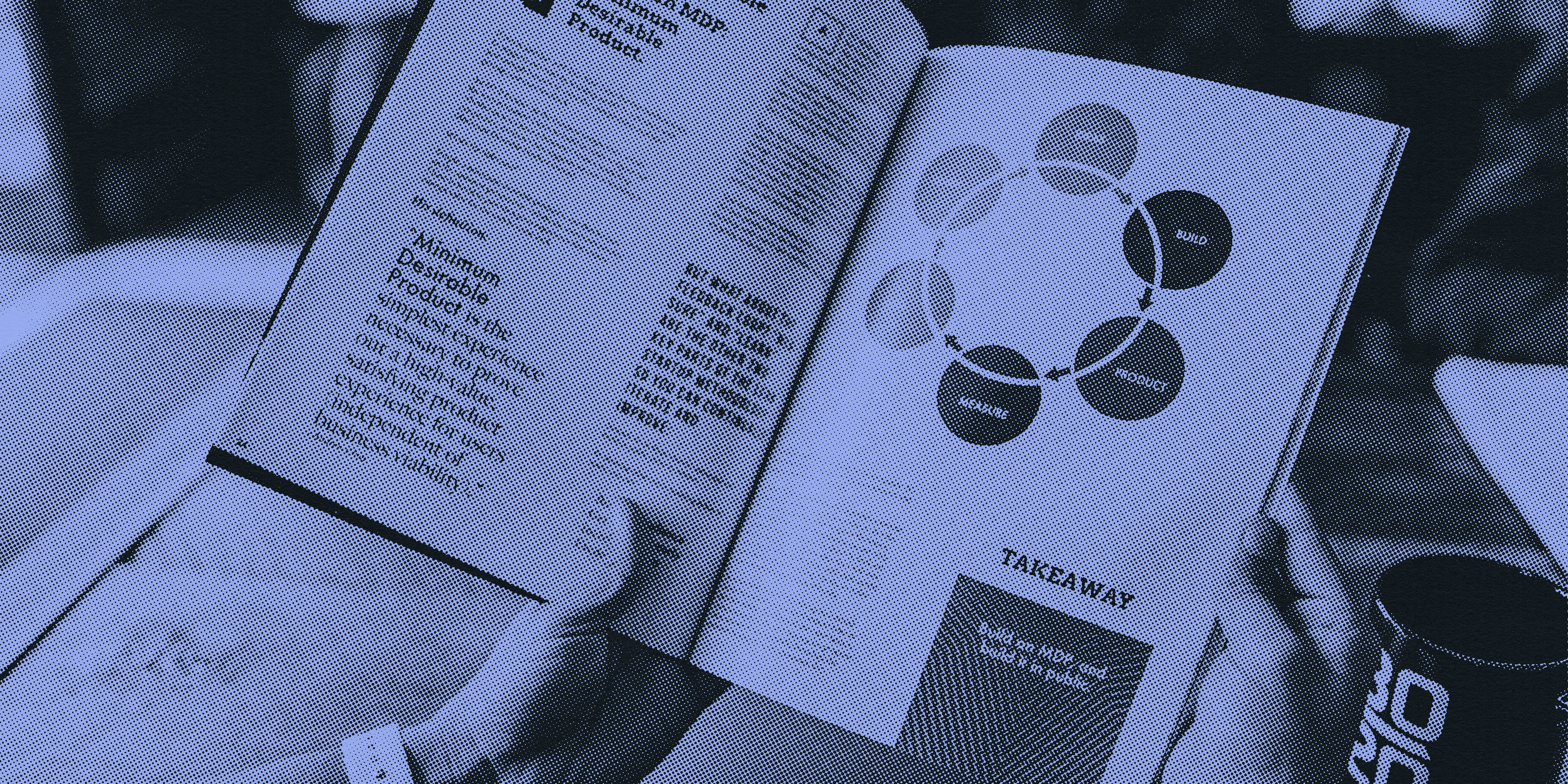We’ll be taking next week off to eat, drink and be merry with our friends and family over the holidays, so this will be the final TWiT from SHIFT this year decade.For some, the end of December brings back fond memories of a great year. For others, January 1st can’t come soon enough. Ask some of tech’s biggest companies and they’re likely feeling a bit of both. The subjects of this week’s roundup, “Big Tech” had quite the tumultuous 2019. A week of good news was often followed swiftly by some scandal or another. This week’s news remains on brand with the year writ large.Without further ado, your last TWiT roundup for the year…
Second-guessing Libra's first impression
One of Facebook’s more popular punching bags of 2019 was Libra, its cryptocurrency effort announced earlier this year whose bag of reactions has mostly skewed negative. Regulators, governments, pundits and initial partners have all expressed skepticism, and its actual launch remains cloudy.In an interview this week with Fortune, Libra’s head honcho David Marcus admitted the company failed in adequately messaging the project when it first launched, stating “If I had to do it all over again I would probably just focus on what this thing really is, which is a new payment system.” Facebook messaging Libra as a new currency “created more emotions than were really warranted,” said Marcus.Whether Libra ever sees the light of day is up for debate, but this misstep is a reminder of the power of strategic messaging and using the right words, especially when announcing something brand new and especially for a company already grappling with public mistrust.
One home, one language
In a rare example of Big Tech reaching across the proverbial aisle, this week Apple, Alphabet and Amazon – three of the biggest smart home and voice assistant makers – said they’re collaborating to make their disparate-but-similar-products work together. They’ll be working with Zigbee Alliance, a foundation that promotes standards for IoT, to develop a universal language that would allow your Amazon Alexa speaker, Google Nest thermostat and Apple TV to all communicate and work with each other.Said a Google Nest exec, “the lack of an industry-wide connectivity standard leaves people confused and frustrated when trying to understand what devices work with each smart home ecosystem. It also places a heavy burden on manufacturers to make sure all devices are compatible with each other.”The news was mostly met with optimism from smart home power users, though it was not without concerns around privacy and security…
Life as a content moderator
The Verge Super reporter Casey Newton follows up February’s huge investigation into the deplorable working conditions of Facebook’s content moderation business with a probe into Google. Unfortunately, the conditions aren’t much better; low-wage contractors are forced to view hours of violent and extreme videos/images every day, many of which are so intense that they cause serious mental health issues for the workers. Fail to hit your hours quota and you’re fined. Bathroom breaks are often monitored and managers express little concern for moderators’ emotional wellbeing.Google has an onsite specialist with these content moderators and they’re afforded two hours of personal time each work day, yet the severity of some of the content has left many with PTSD and deeply affected their lives.Until AI can effectively filter out heinous content on these platforms, unfortunately human content moderators will be needed. But at what cost? Add this to the long list of serious issues they’ll be tackling in 2020.
Bonus holiday story: Amazon blacklists FedEx…again
To end on a less sour note…amidst the busiest shipping period of the year, Amazon extended its tentacles into the logistics business this week when it blocked all third-party sellers on its platform from using FedEx for ground deliveries. Amazon pointed to issues with FedEx’s delivery performance, but the wheels have already been in motion: earlier this year Amazon stopped using FedEx for its own deliveries as it began building out a massive fleet of its own delivery vans, trucks and planes.The Seattle company is known for not just being a customer (like it was for FedEx) but also being a competitor (see: Amazon’s purchase of Whole Foods). Thus, it should come as no real surprise that Amazon is aggressively attempting to own the delivery of its billions of packages shipped annually. Shares of FedEx, which recently missed earnings expectations, dropped 6.7% after Amazon’s announcement.
Pro tip
Looking for a fresh start in 2020? We’re hiring. Check out our openings here.
What’s a Rich Text element?
The rich text element allows you to create and format headings, paragraphs, blockquotes, images, and video all in one place instead of having to add and format them individually. Just double-click and easily create content.
The rich text element allows you to create and format headings, paragraphs, blockquotes, images, and video all in one place instead of having to add and format them individually. Just double-click and easily create content.
Static and dynamic content editing
A rich text element can be used with static or dynamic content. For static content, just drop it into any page and begin editing. For dynamic content, add a rich text field to any collection and then connect a rich text element to that field in the settings panel. Voila!
How to customize formatting for each rich text
Headings, paragraphs, blockquotes, figures, images, and figure captions can all be styled after a class is added to the rich text element using the "When inside of" nested selector system.





